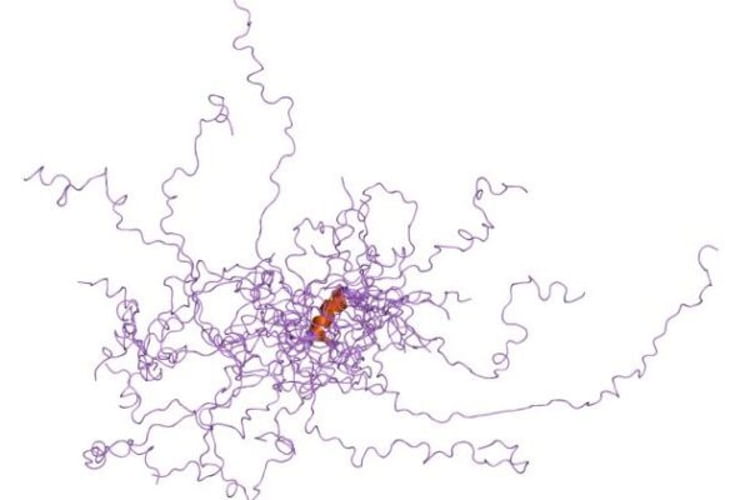Intrinsically disordered proteins (IDPs) are defined by structural diversity, and the determinants of this diversity are an important area of biophysical investigation. IDPs are involved in a range of important biological processes, including cell signaling and regulation, that allow healthy cells to respond to environmental factors appropriately, but they are also associated with human diseases such as cancer and neurodegenerative disorders.
Rohit Pappu, PhD, the Gene K. Beare Distinguished Professor in the Department of Biomedical Engineering at the McKelvey School of Engineering at Washington University in St. Louis, received a four-year $1.2 million grant from the National Science Foundation to study the impact of charge regulation on IDPs.
The project will integrate experimental and computational approaches that will be incorporated into instructional modules and also be used to help solve challenging problems in molecular biophysics at WashU’s Center for Biomolecular Condensates.
Read more on the McKelvey School of Engineering News.
